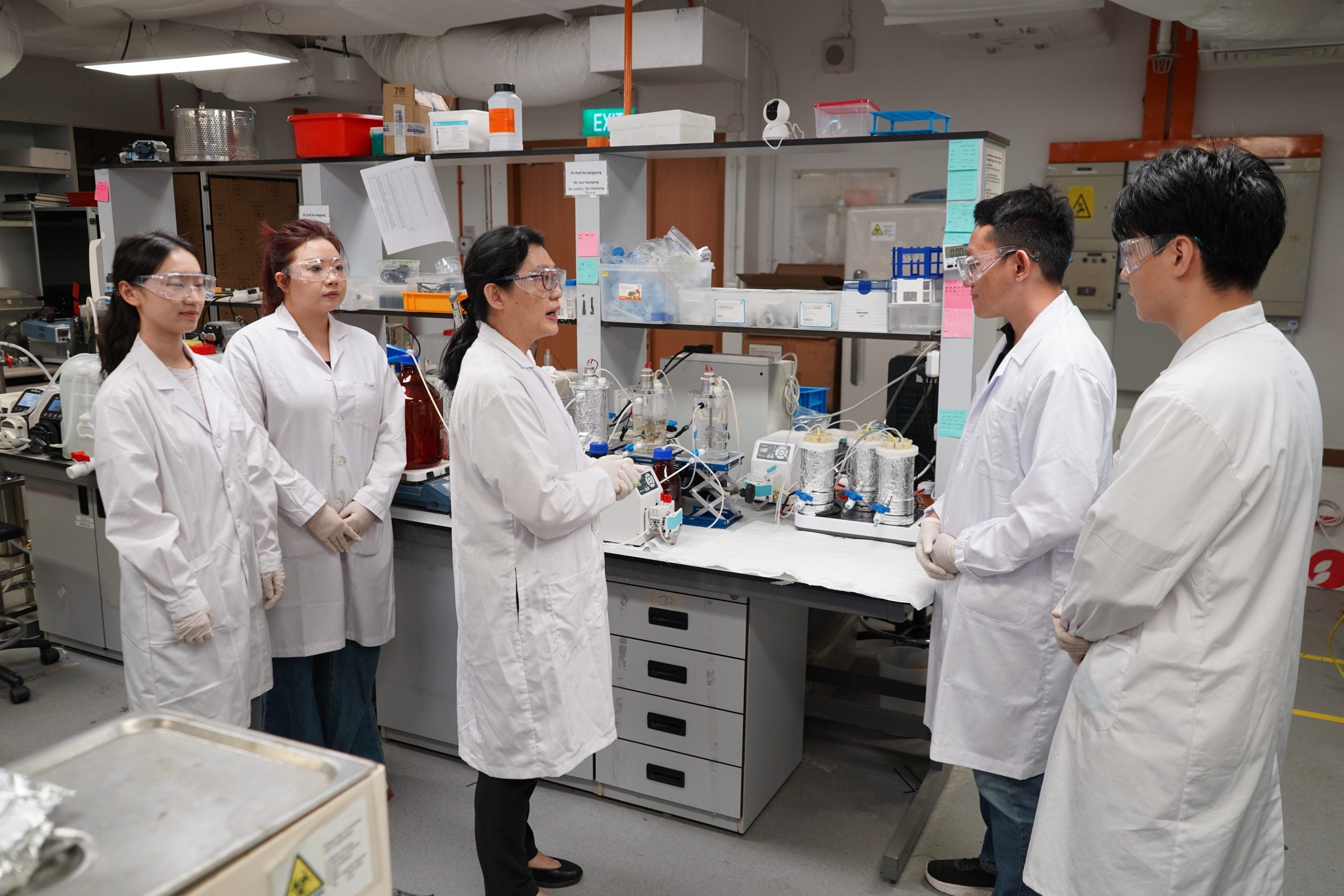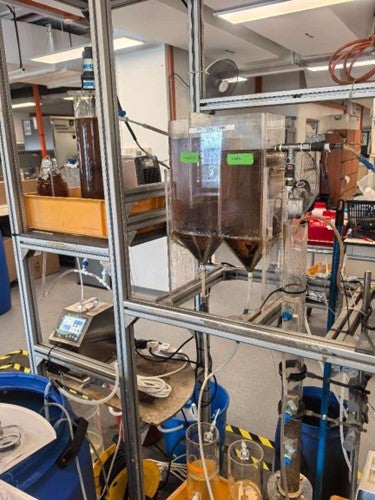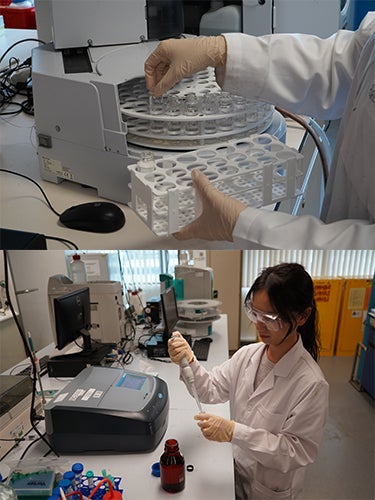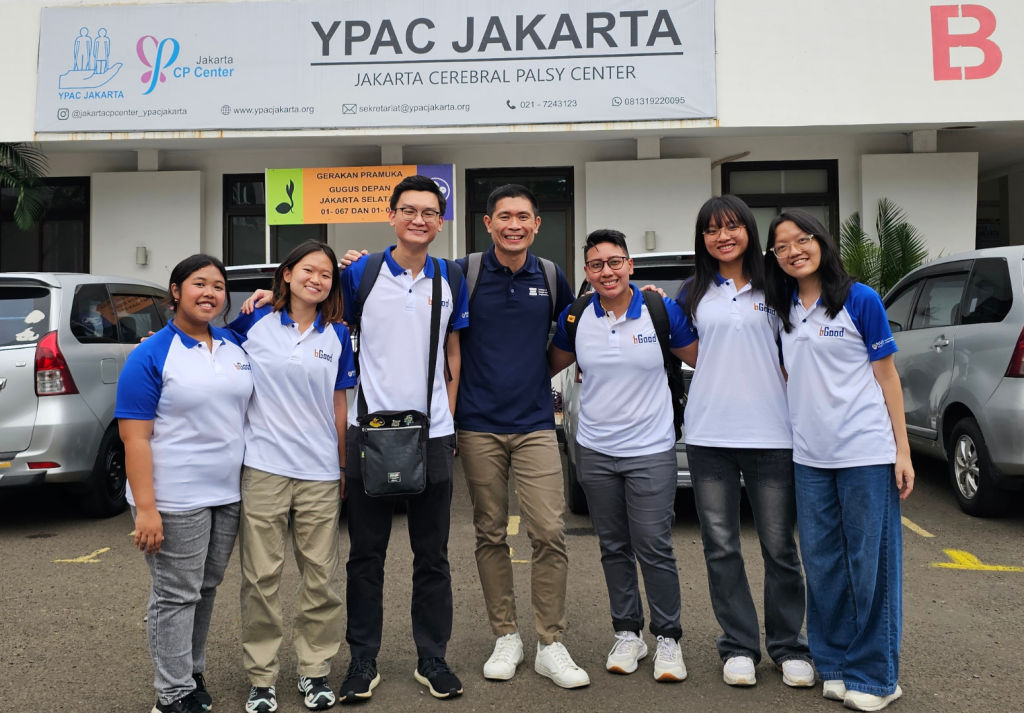
Climate change is a growing challenge in the modern world, with its impacts intensifying over time and having profound effects on the global environment, particularly on water resources and treatment processes. As global temperatures continue to rise, water availability, quality, and the efficiency of water treatment processes are expected to face increasingly severe challenges. The effects of climate change on water resources are complex and interconnected, influencing both natural water cycles and the technologies used to manage and treat water.
In response to these challenges, the Centre for Water Research (CWR) at the Department of Civil and Environmental Engineering at the College of Design and Engineering, NUS, led by Director Professor Hu Jiangyong, has been at the forefront of studying the impact of climate change on water treatment processes and developing innovative solutions to address these issues. One area of focus is the development of advanced treatment technologies aimed at mitigating the risk of cyanobacterial blooms in water resources due to climate change. Cyanobacterial blooms, which occur when higher temperatures and nutrient-rich conditions promote the rapid growth of cyanobacteria in water bodies, can severely degrade the quality of water resources. Additionally, they burden conventional water treatment processes, reducing efficiency and compromising the quality of treated water. To address this challenge, CWR is committed to developing novel treatment solutions to manage the potential increase of cyanobacterial growth and ensure our water supply is uninterrupted.


Furthermore, rising temperatures can also affect the efficiency of water treatment and distribution processes, particularly in the distribution network of drinking water. Within the distribution network, chloramines are used as a residual disinfectant to provide continued protection as the water is conveyed through the water supply network. However, higher temperatures can accelerate chloramine decay, reducing its effectiveness in ensuring the good microbiological water quality in the distribution system. This challenge complicates efforts to provide clean drinking water in a warming world. To address this issue, CWR has been conducting detailed research on chloramine decay patterns in drinking water distribution and changes in water quality with increasing temperatures. This research improves understanding of how climate change affects water quality and offers guidance on managing disinfection and distribution processes and maintaining water quality amid worsening climate conditions.
Through the development of new technologies and solutions, CWR is committed to enhancing water conservation efforts in Singapore and contributing to the sustainability of water resources in the face of a changing climate.





